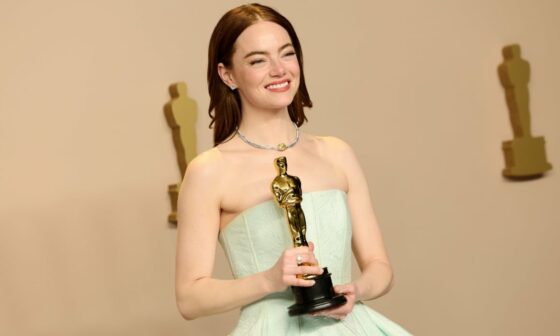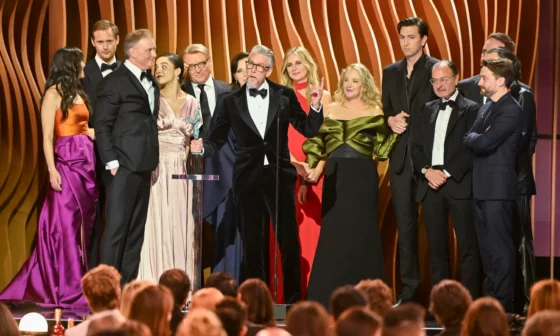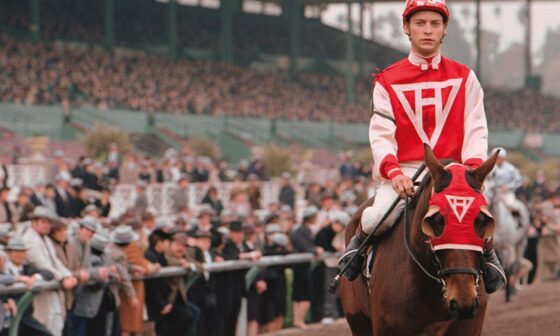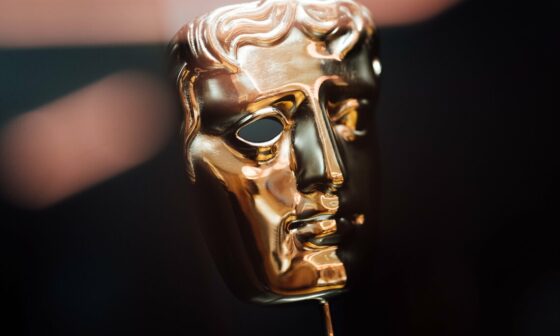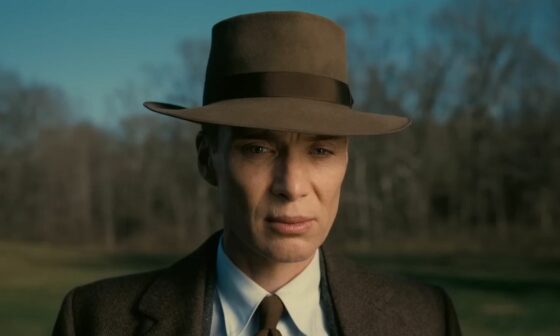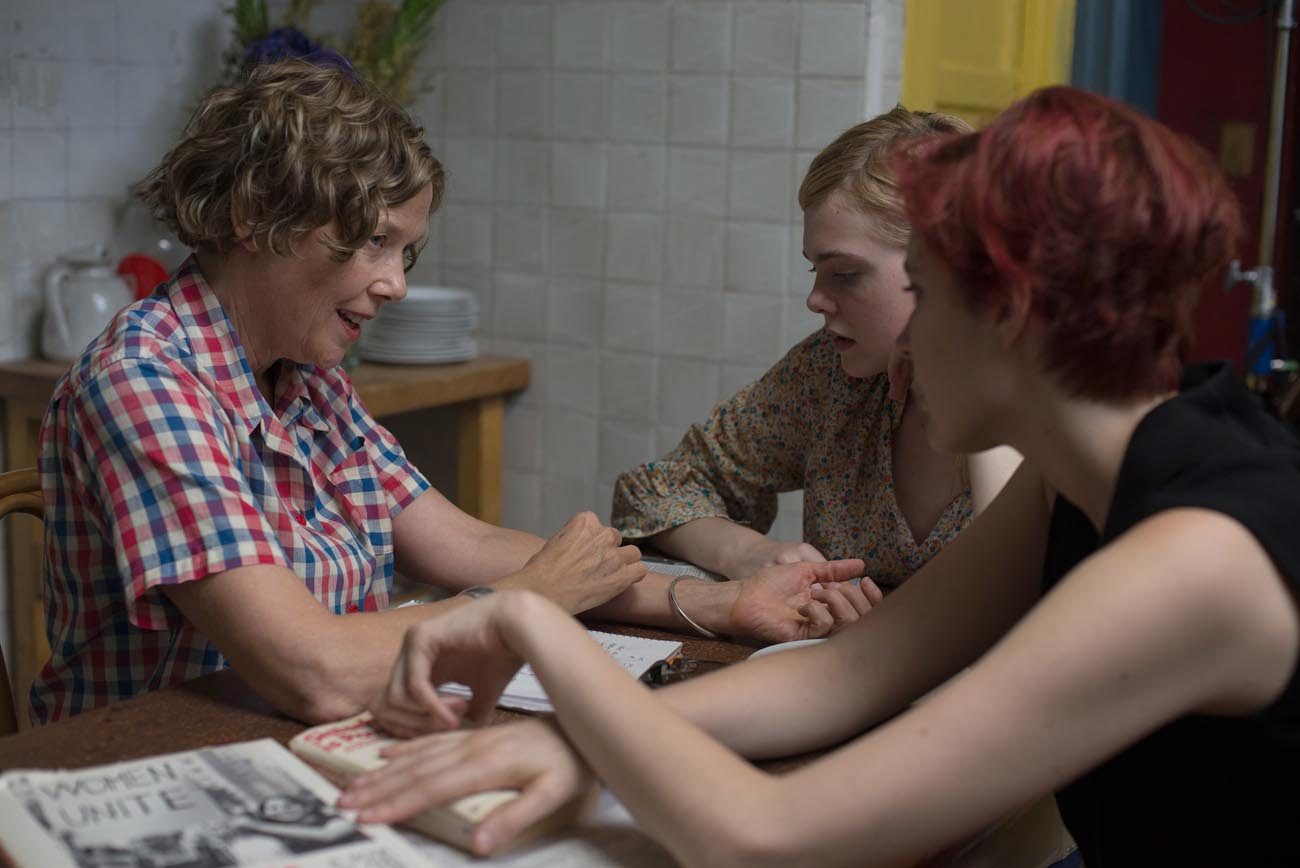
1979, Santa Barbara. Dorothea is a single mother raising Jamie, her 15 years old son on her own. As her son grows closer to becoming a men, she finds herself knowing him less and less everyday and feels like a stranger in the world he lives in.
20th Century Women is Mike Mills‘ third feature, following the acclaimed Beginners, starring Ewan McGregor and Melanie Laurent, based on the true-life coming out of Mills’s father at the age of 75. This time, Mills goes back to his own childhood and his relationship with his mother.
In her desperate attempt to reconnect with her son and make sure he grows up to be a “good man, whatever that means”, Dorothea seeks help from the women around her, Julie the broken 17 years old girl and Jamie’s love interest and Abbie, the recovering cancer patient and hard-core feminist. Mills divides the film in different sections covering the point of view of each character and their relationship with Jamie.
Julie, a bit of an emotional skeptic, is disconnected from her own family and spends her nights climbing into Jamie’s room. She talks to him about sex and pleasure but keeps their relationship strictly platonic. She rushes carelessly through life and does not seem to enjoy any of it. She believes in strength as oppose to honesty and happiness.
Contrary to Julie, Abbie takes pictures of all she does all day, in an attempt to fully embrace her present. She talks feminism and the female body. Told she would likely never get pregnant, Abbie seems to embody strength. She tells Jamie to stand up for himself and ask for what he wants, “tell Julie what you want”.
Dorothea, born in Depression-era America, does no understand punk music, she does not fall in love and clings to the past just like her house which seems to be under endless construction. To the rhythm of traditional Rudy Vallee‘s “As Time Goes By”, Dorothea is full of contradictions.
She is willing to ask for help and yet refutes all advice on her son. She wants to know her son and yet refuses to let him question her. The film peaks, when in a middle of a hilarious dinner scene, Abbie forces everyone to pronounce the word “menstruation” and follows by a poignant and honest lecture on the women’s body and sexuality, very un-Depression-era like.
And then there is Jamie, stuck in the middle, trying to devise some kind of meaning from this stream of emotions. Love, sex, denial, jealousy, hate…
“Men always feel like they have to fix things for women […] Mum I am not all men. I am just me”.
With the camera repeatedly zooming in the characters, trying to get closer, understand them, we see characters desperate to find meaning in their own lives as if meaning was the absolute solution to growing old. Can controlling the present help us foresee our future?
The film ends with fast forwarded narratives of each of the characters future. We are not necessarily surprised but we may have been tempted to think their future would be more connected. Just like the 70s, teenage years are a turning point. And if we have no absolute way of predicting our future, there is not necessarily only one way to get there.
“The people who help you, they might not be the people you wanted; they might just be the people who show up”.
Surrounded by soft lighting, delicate colors and soothing music, Mills creates an almost dream-like atmosphere. He avoids classic narrative by going back and forth giving us constant peaks in these women’s lives, these fascinating, slightly complicated and independent 20th century women who seem to have had such an impact on his life.
Mills brings together a perfect ensemble anchored by a very emotional performance by Annette Bening. 20th Century Women, also staring Greta Gerwig, Elle Fanning, Billy Crudup and Lucas Jade Zumann, was released in the UK on February 10.
#Peace.Love.20thCenturyWomen



